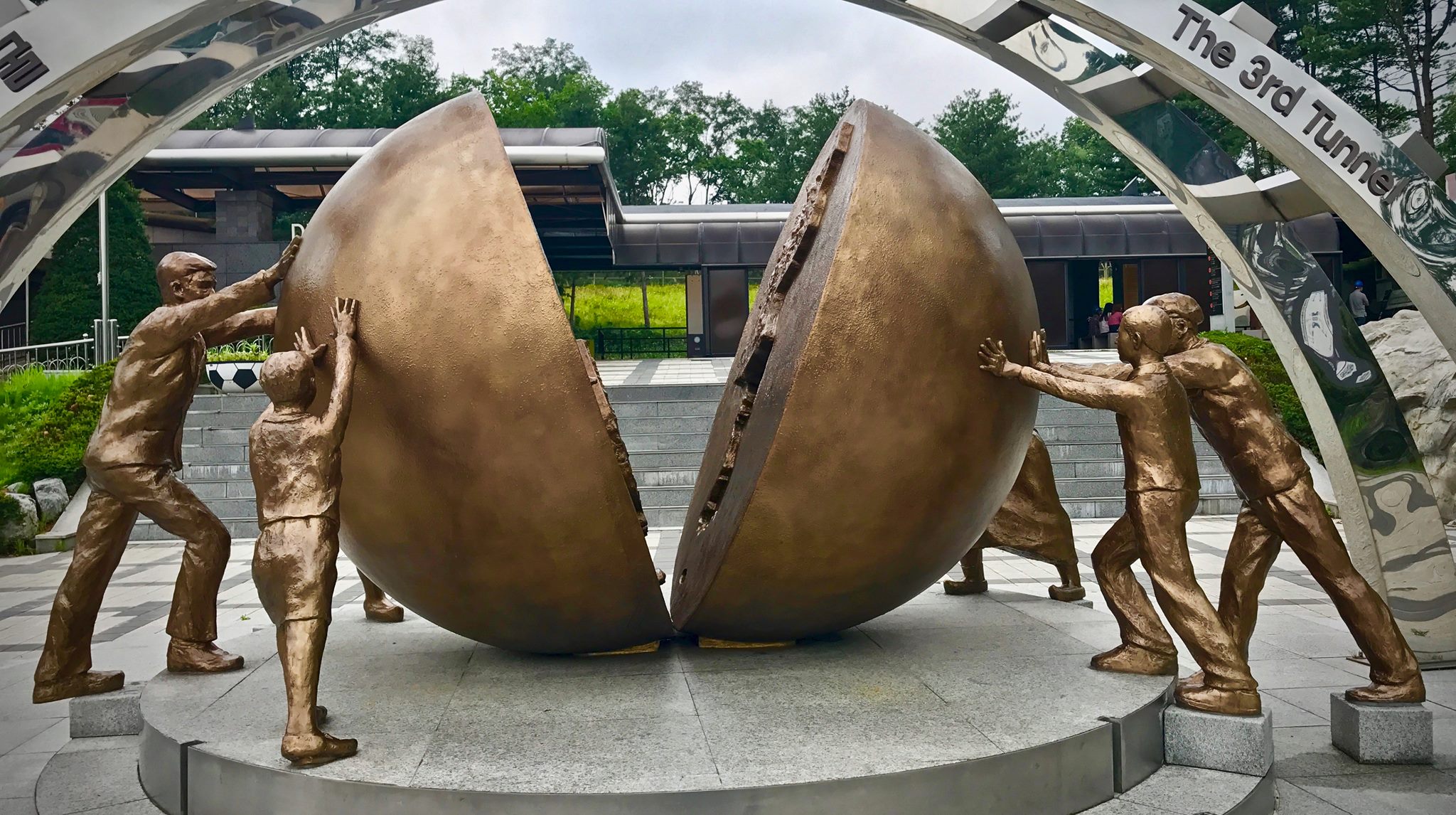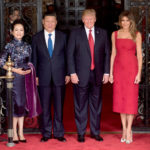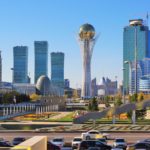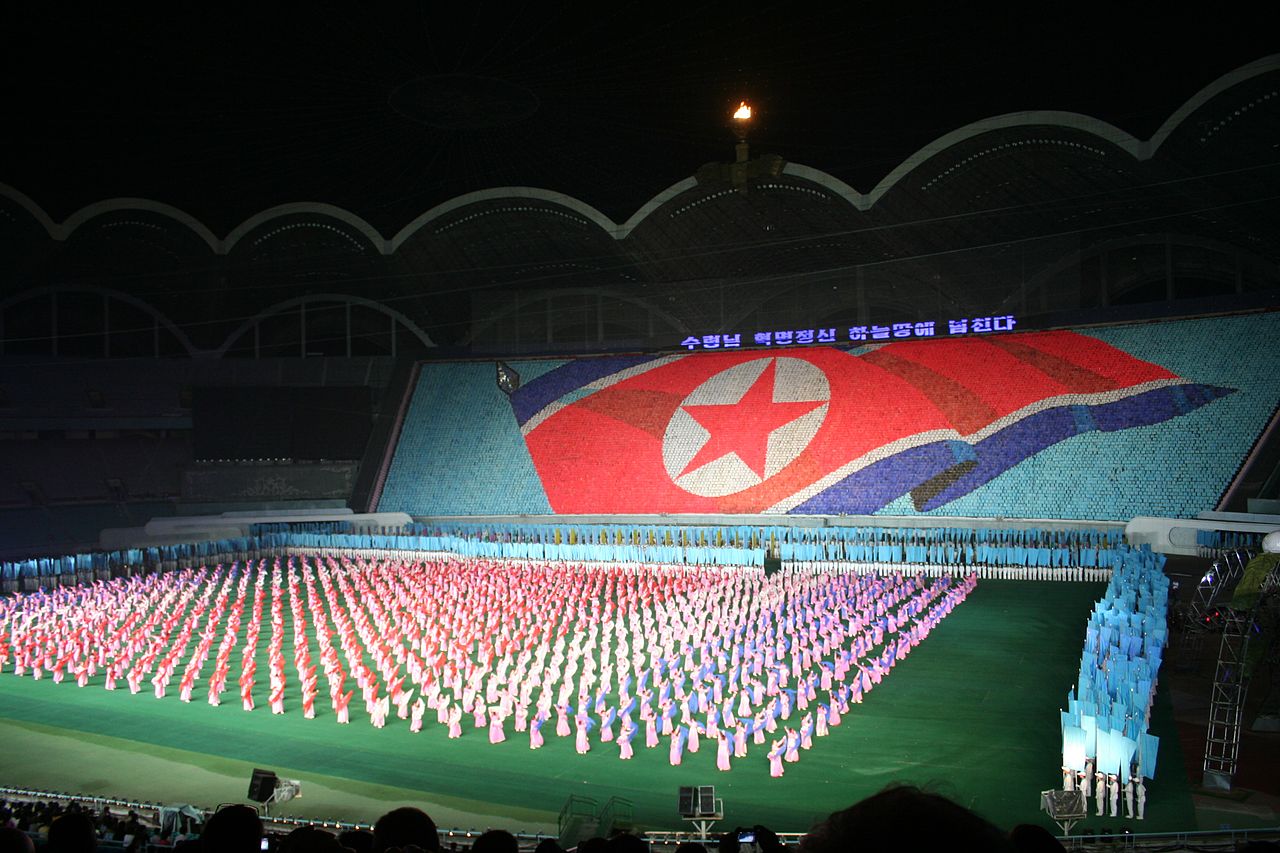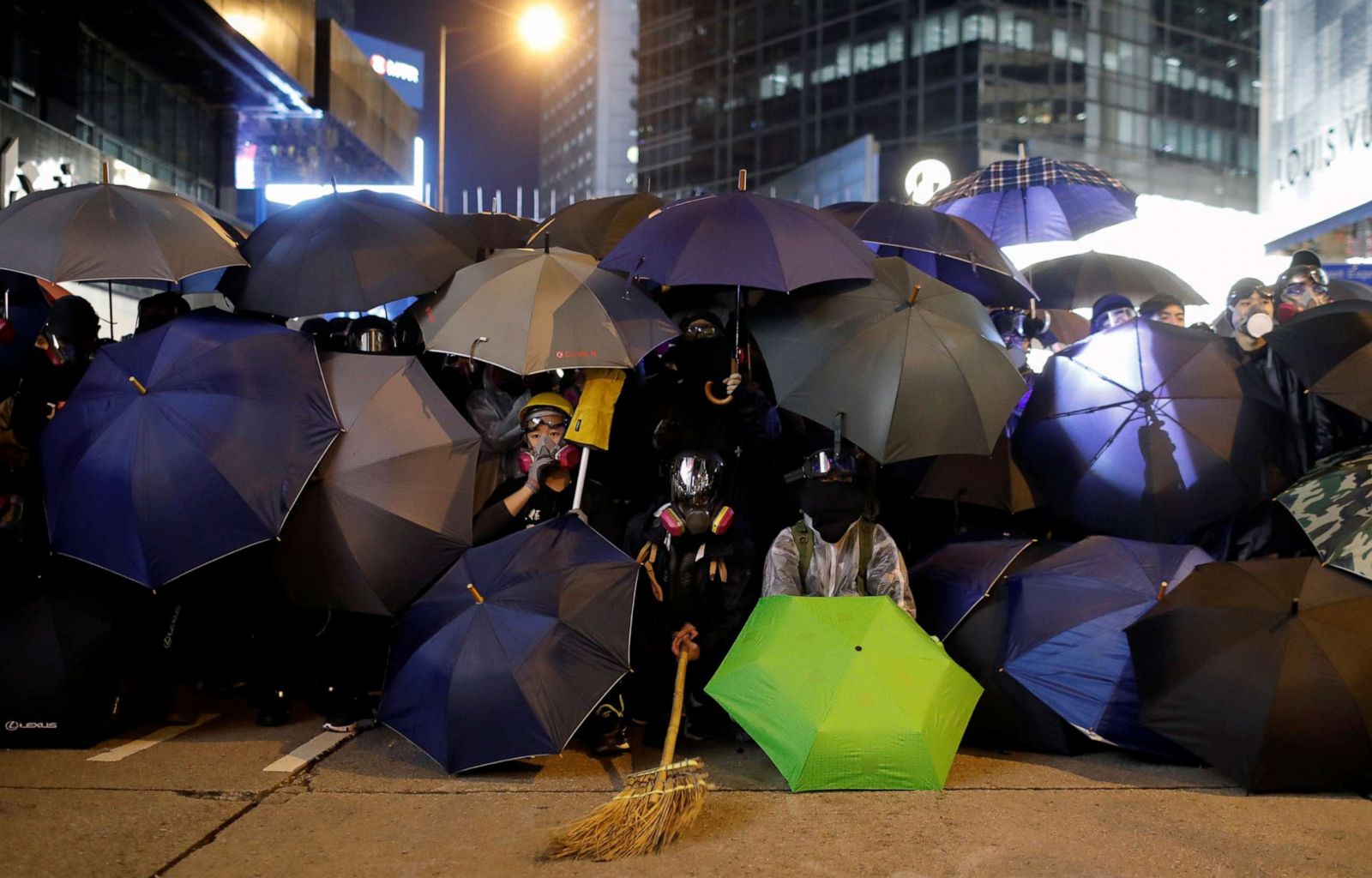What can the world do about North Korea’s nuclear program?
Sanctions usually first come to mind as a way to control rogue states. However, in both expert analysis and public discourse, the general consensus on sanctions as a means of coercing North Korea’s behavior, especially regarding its nuclear program, is that they are mostly ineffective. There are several reasons.
Traditionally, sanctions are seen as a tempered response in that they are less severe than the use of outright force. Nonetheless, they still imply hostility, and the country on the receiving end usually finds such kinds of persuasive measures aggressive. It is of little wonder that on several occasions, Pyeongyang has indicated that it considers sanctions to be a “declaration of war.”
This hostile nature of sanctions creates a vicious cycle. Aggression naturally triggers retaliation, and since North Korea has no hope of using economic or diplomatic measures as a means of retaliation against actors like the United States, it is left with few choices but to keep pushing its nuclear and missile capabilities, the very thing the international community wants to halt.
As a parallel to sanctions, economic assistance is also tricky. Aid and assistance, from a theoretical perspective, are in fact very similar to sanctions, just without the coercive and aggressive tensions that serve as irritants to the receiver – the carrot to the stick. Yet an inherent issue with economic aid is that control over their utilization once out of donors’ hands is difficult. There is no guarantee that food aid, for instance, will go to the actual people who need food, and not the oppressive authority. Also, resources from foreign aid could also be diverted to the nuclear program, which undermines the whole purpose of the enterprise.
What other options are left? Military intervention is largely out of the question. The North Korean regime has also been largely resistant to various diplomatic measures. The international community is left with few choices to halt Pyeongyang’s nuclear aspirations.
Perhaps, denuclearizing North Korea might be too ambitious to achieve through mere external measures at this point. Instead, the international community should try to engage North Korea by promoting its exchange with the outside world. Especially, we should endorse the regime’s move to a more decentralized market economy, with more exposure to external trade. The goal is to make ways for meaningful social development within North Korea, which is by far is the most viable way to moderate the regime and its policies.
Of course, a switch from hardline containment to engagement with North Korea, especially involving trade, may raise some eyebrows. But it is not like such engagement has never been done before. The era of South Korea’s Sunshine Policy points to what might be attained through a thawing of relations between both the two Koreas. The policy has seen some historic moments: the two Korean summit meetings in Pyongyang, several high-profile business ventures, and brief meetings of family members separated by the Korean War.
The Kaesong Industrial Park, which outlasted the Sunshine Policy itself, offers an interesting case study about the potential of economic cooperation with North Korea. There are signs that the regime can be cooperative as long as it sees no threat infringing on its domestic political sphere, and that the regime has not given up on cooperation. Not long after a temporary closure in 2013, Pyeongyang conveyed that “reopening Kaesong was in both nations’ interests.” Operation was actually resumed afterwards until Seoul decided to “temporarily” close the park again in response to the North’s provocations in 2016. Surprisingly, it appears that North Korea has unilaterally sent workers back to Kaesong to secretly operate 19 garment factories. This dispels the misconception that North Korea could be comfortably self-sustainable, and that it is willing to completely give up on its welfare to achieve nuclear capacity.
The industrial park brings to light some potential implications of a positive cycle that could be instituted inside North Korea. At least one thing is certain by now: its Soviet-style economic system is doomed to fail. Since the collapse of the Soviet Union and its trading system, followed by the devastating famine in the 1990s, the regime’s top-down distribution system has been largely destroyed. Ordinary North Koreans had to rely on illicit markets for goods and services, at first rudimentary but now more sophisticated. The regime has had little choice but to accept the market forces, and step-by-step legalize them. Serious economic reforms were first introduced in 2002, with a credo of coexistence between state direction and market forces in the economy. The seeds of the vision of a “new thinking” sowed by Kim Jong Il are still growing under Kim Jong Un’s era. Since 2012, Kim has pursued a dual strategy of nuclear deterrence and Chinese-style economic reforms. The process is even starting to show signs of paying off.
The international community has a lot to expect from such developments in North Korea. Economic growth in a more open and inclusive economy can instigate the emergence of a middle class in North Korea, which would have a lot to gain from the new status quo. This middle class would be the first to lose from an escalation of tensions. A growing middle class, in turn, may facilitate changes within North Korea towards a more complete market economy, and ultimately a more inclusive political institution. Changes in this direction, once started, may progress slowly, but are irreversible. North Koreans are increasingly aware and desirous of goods, information, and personal contacts from outside its borders.
Skeptics might argue that this is a form of appeasement, and North Korea would eventually funnel its income from trade to the nuclear program. While these concerns are justifiable, the same issues apply to sanctions and economic aid. In fact, not only do sanctions not mean Pyeongyang is completely starved, but they even encourage it to pursue illegal transactions, primarily with China, which is hard to curb. Moreover, enhanced sanctions and circumscription of the state will delay ongoing economic reforms in North Korea and its integration into the global economy.
Official trade, on the other hand, allows for a certain degree of control and monitoring of what North Korea can access. This, coupled with diplomatic engagement, also avoids the hostility caused by sanctions, which might help bring Pyeongyang back to the negotiating table. From there, the conventional back and forth diplomacy of carrots and sticks can be applied. The negotiating basis should be less on denuclearization, since that is too high a price for North Korea, and more on economic, social, and humanitarian development. For example, it could be the return of secular organizations that have left North Korea because of international sanctions and the reduction of Western government funding. Any interaction between North Koreans and the outside world that increases information exchange and economic opportunity should be welcomed.
Profound changes are not to be pragmatically anticipated from Pyeongyang in the short term. Yet such expectations were equally outrageous about China before 1979, and Vietnam before 1986. Experiences from these two countries suggest that such an outcome is possible, although the process to get there might take time.
Additionally, Pyeongyang needs to see that it is not being antagonized and circumscribed by any actor. China did not start its economic reformation before a long rapprochement process with the United States in the 1970s, nor did Vietnam embark on a similar path before Hanoi acknowledged that it could trust ASEAN, China, and the United States over its Cambodia issue. In short, a cordial environment should be strived for before any meaningful change in North Korea’s behavior can be expected.
South Korea’s president Moon Jae-in appears to be fully willing to bring in a new era of engagement with North Korea. He, however, cannot do that alone. A more aligned approach from the international community, especially between the United States and South Korea, is crucial. However, given how Trump administration is approaching the issue, coordination alone is already an onerous task.
- Are We Seeing the North Korean Nuclear Crisis Coming to an End? - May 23, 2018
- Reading Trump’s Whimsical Stance on TPP - April 23, 2018
- China Scraps Presidential Term Limit: Implications for the World - March 25, 2018

